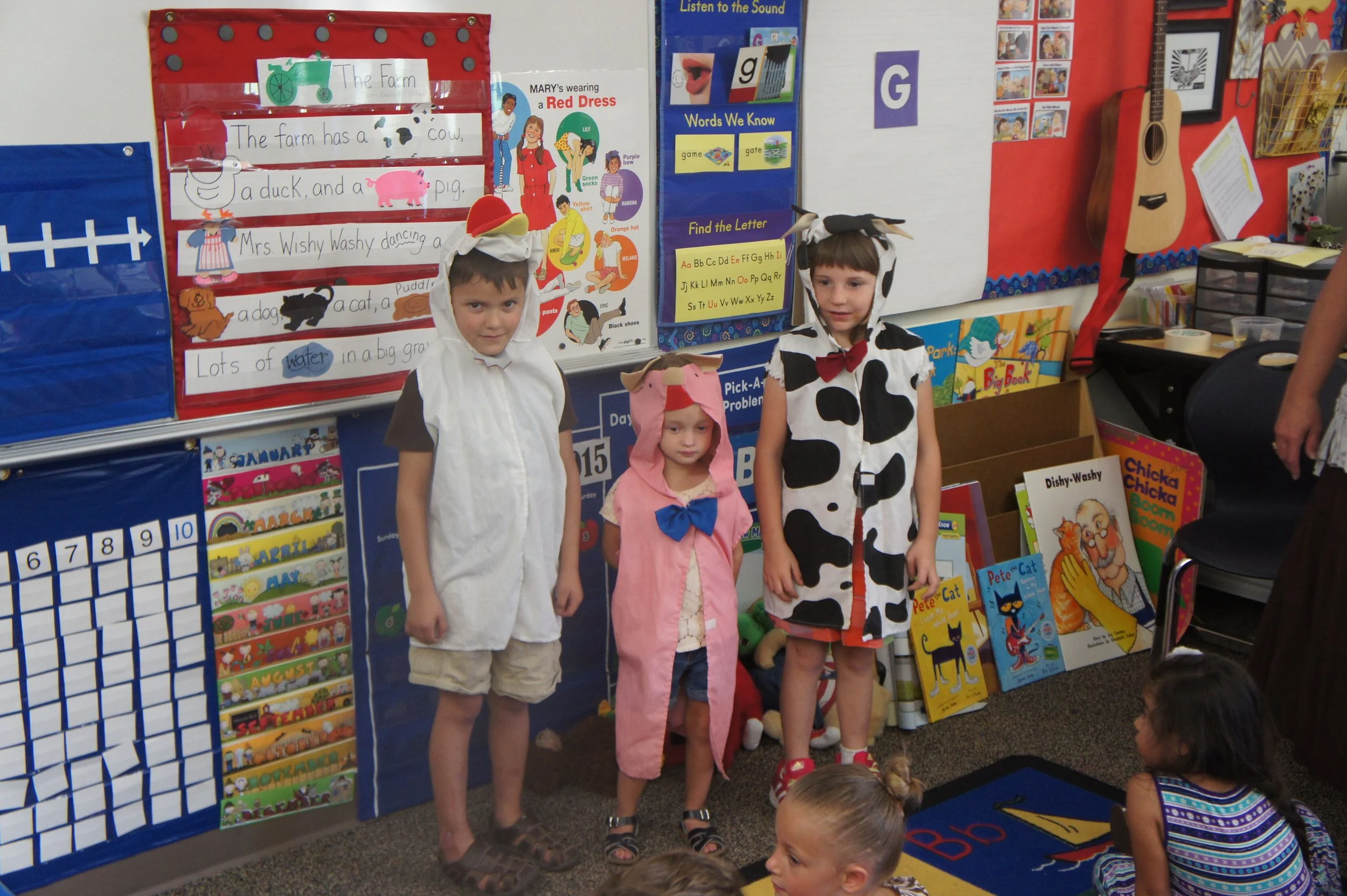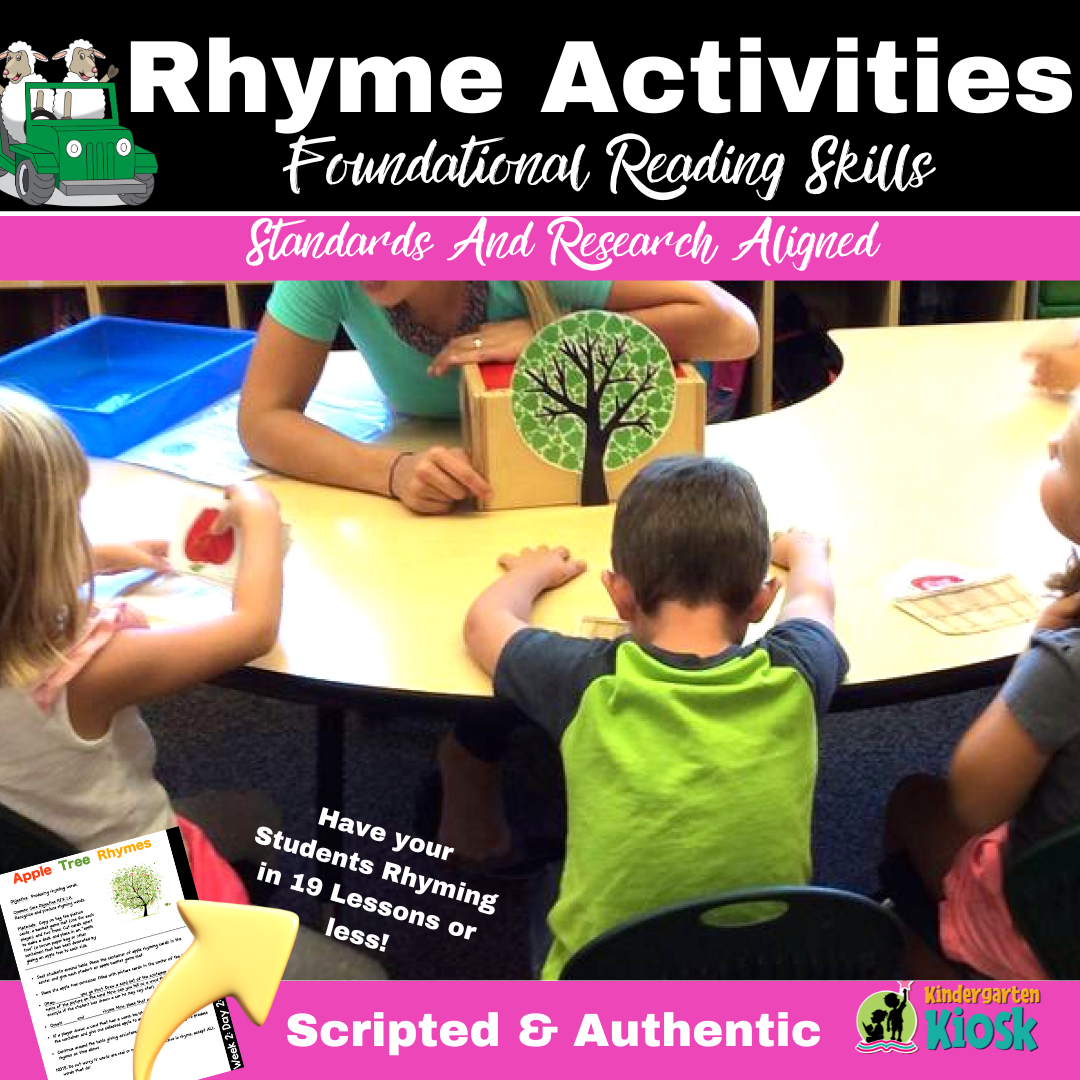Mother Goose Nursery Rhymes as a Foundation for Language Development
Nursery rhymes have long been a magical component of kindergarten education, weaving together elements of rhythm, rhyme, and storytelling to captivate young minds. These simple yet enchanting verses play a crucial role in early childhood development by enhancing language skills, memory, and phonemic awareness. Through the repetition of sounds and patterns, children naturally improve their vocabulary and pronunciation, laying a strong foundation for future literacy. Furthermore, nursery rhymes often involve actions and gestures, which engage children physically and help in developing their motor skills. Beyond the academic benefits, these rhymes create a sense of community and joy, as children sing and recite them together, fostering social and emotional growth. The magic of nursery rhymes lies in their ability to transform learning into a playful and immersive experience, making them an indispensable part of kindergarten education.
Nursery rhymes are crucial for developing oral language skills in children. Their natural rhythm and melody make them excellent tools for practice, aiding in memorization and brain development. They improve articulation, pronunciation, sound discrimination, and vocabulary.
Benefits
Rhythm and Rhyme:
Help with sequencing and memorization.
Language Development:
Boost articulation and vocabulary.
Cognitive Skills:
Enhance comprehension and memory.
Emotional Development:
Boost confidence and self-esteem through enjoyable experiences.
Social Development:
Encourage social interaction and emotional understanding.
Cultural Exposure:
Introduce children to diverse cultures and historical contexts.
Classroom Introduction
Starting the school year with nursery rhymes lays a strong foundation for language learning. Programs like Singlish, combining posters and music, are perfect for this.
Classroom Activities
Daily Rhyme Focus:
Spend a day or two on each rhyme. Explore versions from different cultures.
Acting and Singing:
Students act out rhymes. Record sessions for a classroom production.
Thematic Units:
Use rhymes in poetry, math games, and art projects.
Interactive Games:
Play games like "Old King Cole" and "The Cow Jumped Over the Moon" to make learning fun and memorable.
Engaging Families
Encourage families to enjoy nursery rhymes at home, fostering a love for language beyond school. This shared experience strengthens bonds and supports learning.
Conclusion
Nursery rhymes are timeless and vital for language development. They offer a unique combination of cognitive, emotional, social, and cultural experiences that benefit young learners. As Mem Fox noted in "Reading Magic," children who know nursery rhymes are often excellent readers by age eight. Dust off those books and enrich your students' lives with rhythm and rhyme. Encourage children to sing rhymes with caregivers at home or as part of a school curriculum to create a learning experience that will benefit them for the rest of their lives.
Our Products are found here or on TPT.





